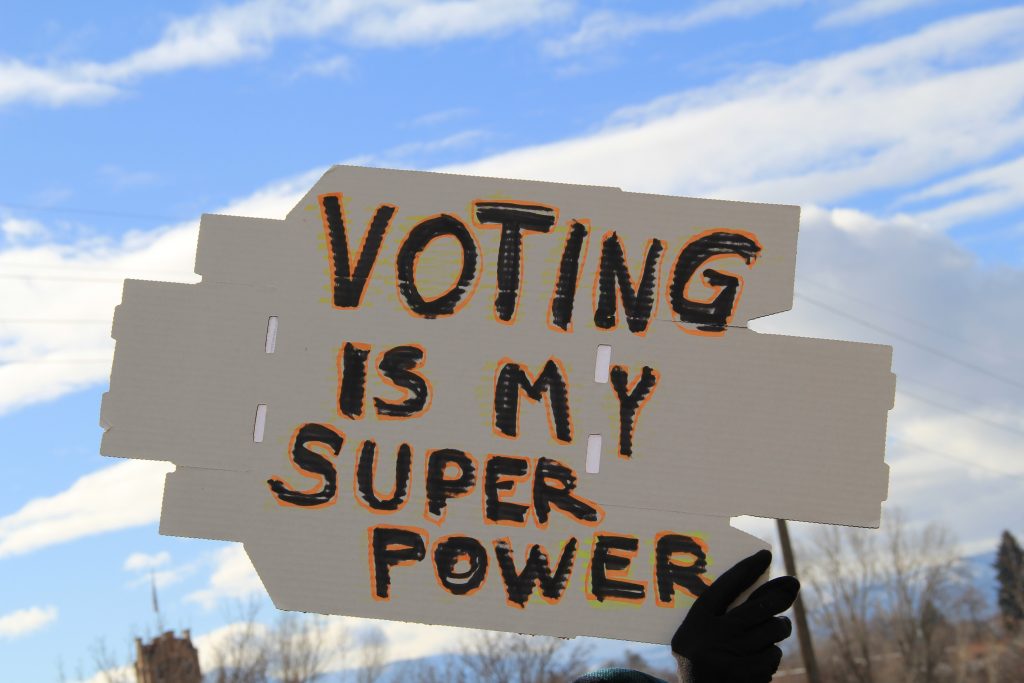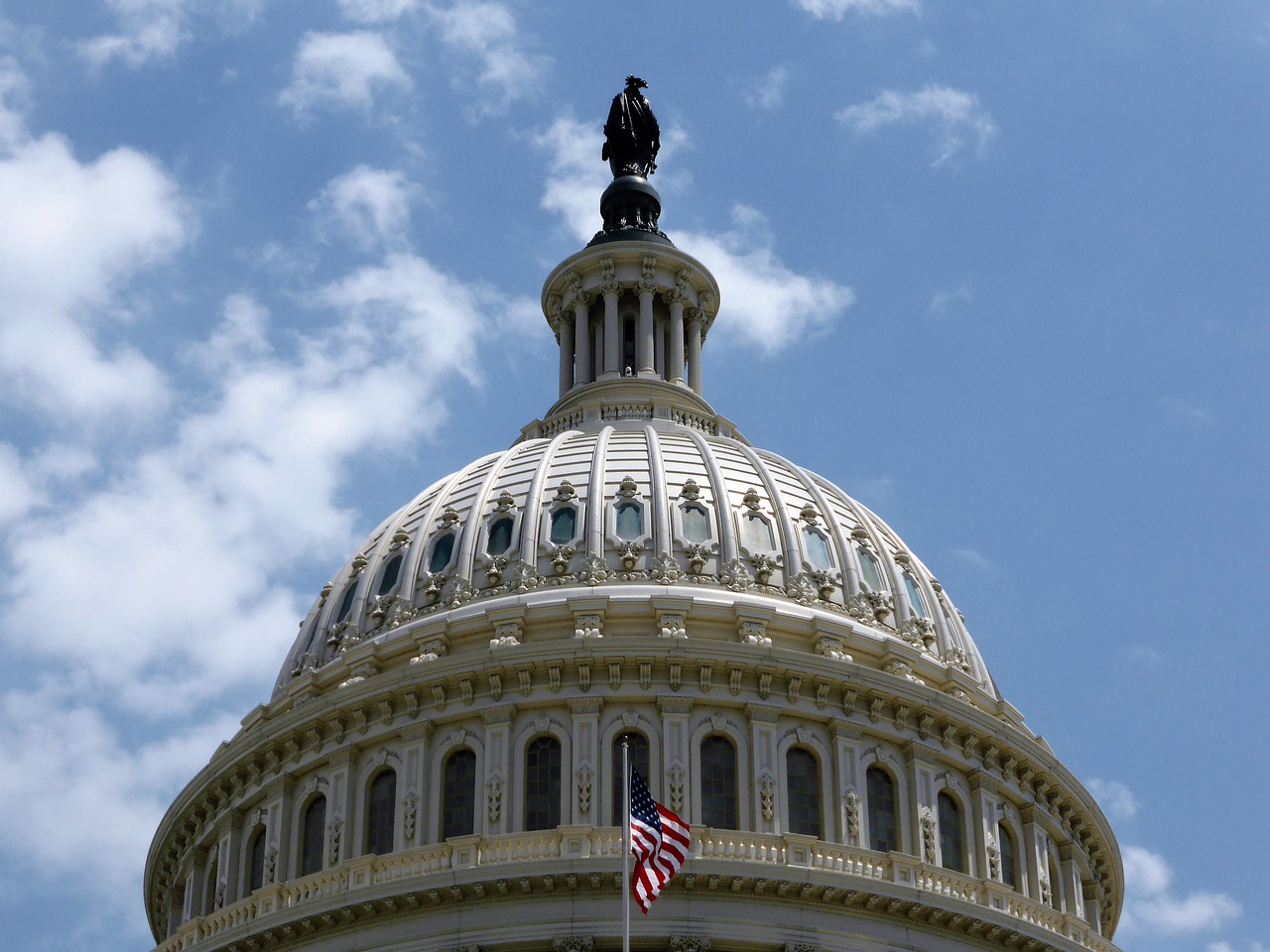Public Support for Politically Progressive Policies are on the Rise Nationwide
Recent public opinion polling from Data for Progress has shown that a significant number of voters in the United States are starting to support progressive policies that could benefit the country’s middle class and working class. The survey was conducted with more than 1,500 eligible voters between July 13 and July 16, 2018.
On the issue of criminal justice reform, public approval for ending cash bail for the accused is relatively high with 20% in strong support and 26% in somewhat support, 46% in total of relative support. In regards to health care policy, 29% showed strong support and 22% displayed somewhat support for mass creation as well as the distribution of life-saving generic drugs, a total of 51% expressed overall support. The survey also shows that there is more than 50% in total of relative support for a public internet option to compete with private internet service providers and the creation of a public jobs guarantee to achieve full employment. The survey has also shown an increase in support for these policies from urban and rural voters as well as working class and college educated people across all races, especially from non-white people of color.
This latest public opinion comes at a time where progressive politics is gaining traction in the 2018 midterm elections were politicians such as Bernie Sanders and Alexandria Ocasio Cortez as well as progressive organizations such as Our Revolution and Justice Democrats are rallying behind candidates with similar policy goals such as Bret Welder in Kansas and Abdul El-Sayeed in Michigan.




